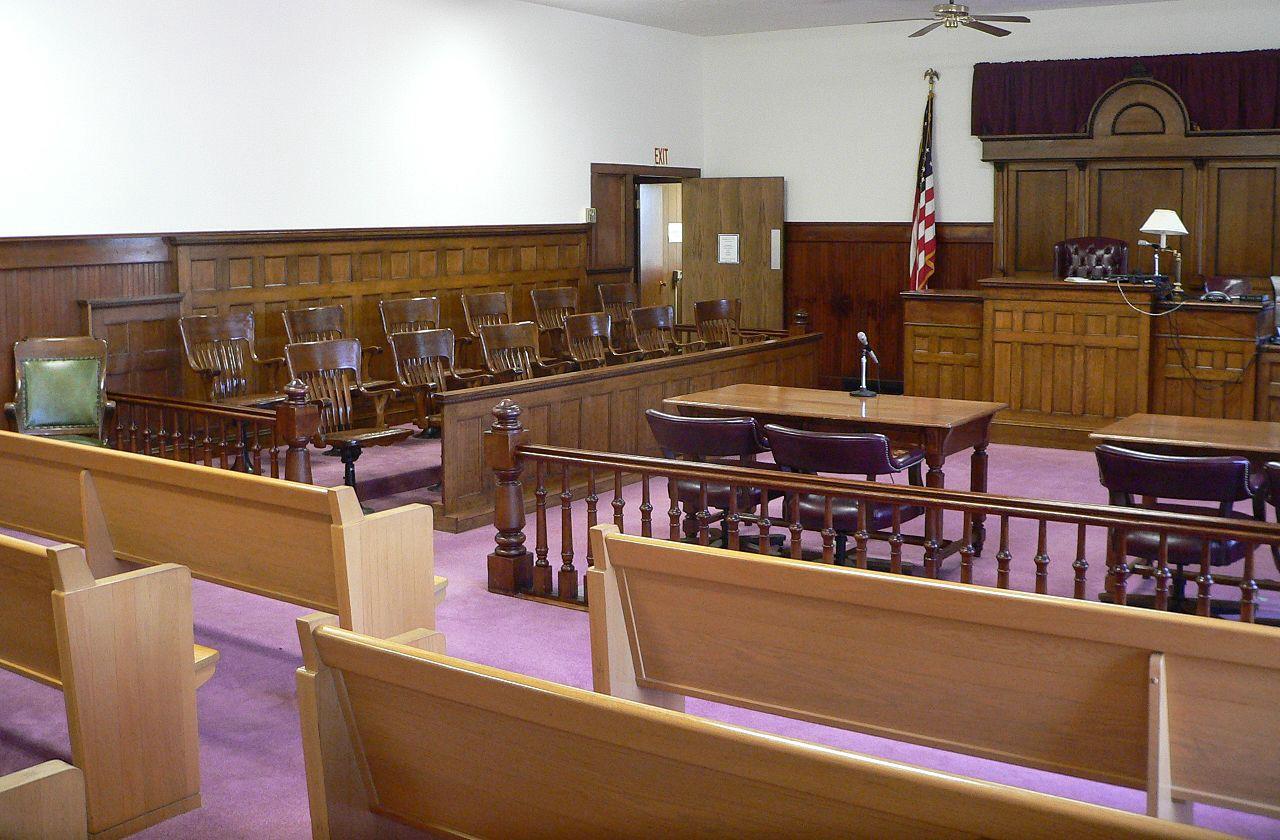Prior Conviction Impeachment: Is Reform Finally Afoot?
At a recent conference of Washington State judges, a panel of experts discussed prohibiting “impeachment by prior conviction” — that is, the practice of attorneys using prior convictions to attack the credibility of witnesses, including criminal defendants. This practice is used in the federal system and in all but three states. In 1963, Kansas enacted a statute prohibiting the […]

At a recent conference of Washington State judges, a panel of experts discussed prohibiting “impeachment by prior conviction” — that is, the practice of attorneys using prior convictions to attack the credibility of witnesses, including criminal defendants. This practice is used in the federal system and in all but three states. In 1963, Kansas enacted a statute prohibiting the impeachment of criminal defendants, as long as they don’t proclaim their trustworthiness on the stand. In 1971, Hawaii’s State Supreme Court banned the practice, ruling that it violated the state and federal right to testify. Montana followed in 1976, extending the ban to all witnesses.
Then came forty years of stagnation.
Change may now be afoot, at least in Washington. Panelists and audiences at the conference offered several critiques of the practice, particularly with regard to criminal defendants. These included the following:
1. This area of the law is in tension with relevant social science. Prior conviction impeachment rests on assumptions that we have a “character for truthfulness” or for “untruthfulness,” that this character will influence trial testimony, and that certain convictions are a reliable way to shed light on this character. It also assumes that jurors will abide by the counter-intuitive instruction that they should use a conviction only to determine a defendant’s truthfulness as a witness, and not to assess his or her guilt in the case at hand. These assumptions lack social science support.
2. This practice compounds racial inequities. A prior conviction may be facilitated by the racial bias that exists throughout the criminal justice system. The use of one conviction to help bring about another one may compound such inequities. (In an analogous context, this kind of embedded disparity persuaded Judge Nancy Gertner to refuse to enhance a defendant’s sentence on the basis of convictions that she feared were the fruit of racial profiling.)
3. This practice allows racial stereotypes to run riot. The threat of prior conviction impeachment frequently chills defendant testimony. If jurors do not hear directly from the defendant on the witness stand, they are more inclined to draw upon biases (implicit as well as explicit, including racial stereotypes) when assessing a defendant’s potential guilt.
4. This practice removes important voices from the courtroom. One of the many potential benefits of defendant testimony is that it may bring to light a narrative of innocence. Professor John Blume found that the threat of prior conviction impeachment frequently silenced such narratives. In his study of exonerees, 91% of those with prior convictions had waived their right to testify at trial. The most common reason was that they feared the effect of this form of impeachment.
5. Supreme Court case law in this area stymies defendants. The threat of prior conviction impeachment poses a significant dilemma for defendants with criminal records: testify and risk being “crucified,” or forego testimony and suffer the “silence penalty.” The Supreme Court has created additional minefields for federal defendants, providing in Luce v. United States (1984) that those who decline to testify lose their ability to appeal an adverse impeachment ruling, and in Ohler v. United States (2000) that those who testify about their convictions on direct examination — in an effort to defang them — also lose their ability to appeal.
During the panel discussion, a voice rang out in the conference hall. “Are there any proposed rules pending before the [state] Supreme Court to amend this practice?” Justice Sheryl Gordon McCloud, a member of the State Supreme Court’s Rules Committee, responded that there were not, but that the Committee invited such proposals.
Invitations extended at conferences don’t always lead to action. But there are good reasons why abolition of this practice, whether through rule change or, as in Hawaii, through constitutional ruling, would be fitting in Washington State.
First, state decision-makers recently took dramatic steps to reform a related area of the law — the peremptory challenge, and the Batson doctrine that polices it. These steps included two Supreme Court decisions, and a proposed court rule within the last four years. Each of the five critiques mentioned above was also cited in support of these reforms: decision-makers cared that a growing body of social science research on implicit bias is irrelevant to the Batson doctrine; they cared about the racial disparities and stereotypes perpetuated by the peremptory strike; they cared about the threat to jury diversity posed by such strikes; and they found that, in Batson, the Supreme Court imposed a “crippling burden” on defendants to prove discrimination, “even where it almost certainly exists.”
Second, Washington courts are trying innovative new ways to reduce the effects of stereotypes in jury decisions. The Western District of Washington recently created an implicit bias video, along with a set of instructions for jurors. Some state courts have followed suit.
Both efforts demonstrate that the state is serious about limiting the influence of stereotypes in the courthouse, whether harbored by attorneys or jurors. State officials can build on this progress by banning the practice of prior conviction impeachment. For what this practice rests on, rather than social science, is stereotyping — about what a conviction means, and about who someone with a conviction is. There is a tension in a legal system that the one hand urges that stereotypes be driven out of the selection and the decision-making of jurors, and yet, on the other hand, instructs those jurors that when it comes to deciding the truthfulness of a defendant such stereotypes are still good law.
